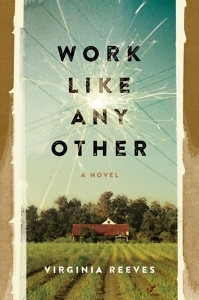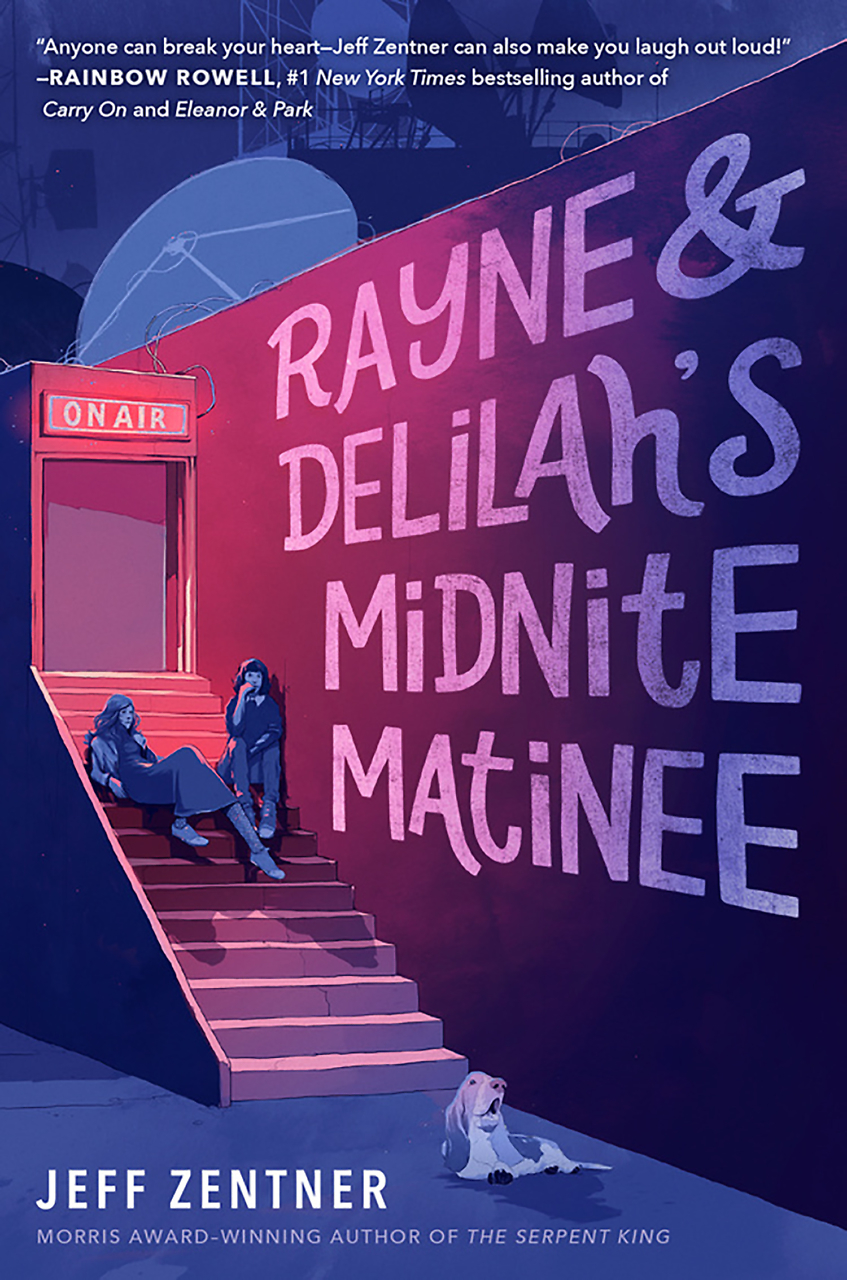What’s Measured in Time
Virginia Reeves explores the way a passion for work can imprison the worker
Is the profession you love worth the dissolution of your marriage, the estrangement of your child, the cost of another man’s life? In her debut novel, Virginia Reeves explores the nature of work, how it defines us and shapes families—both freeing and imprisoning everyone involved. Work Like Any Other follows Roscoe T. Martin, the son of a coal-mining manager in 1920’s Alabama, who pursues the new industry of electricity like a divine calling, leaving the ashes of other people’s lives in his wake:
We are born with some things in our veins, coal for my father and farming for Marie’s and a deep electrical current for me… I had stared at those bulbs the first time I saw them, the streets lit by a force greater than any I’d known – bigger than me, bigger than my father, bigger than his tunnels even. “I want to work with electricity,” I remember telling him.

When he must move to his wife’s family farm, out of reach of the power lines, Roscoe falls into a depressed rage. Fearing that the very pulse in his veins will die if he can’t handle electrical currents and bend them to his will, he enlists the help of Wilson, the African American farmhand, to rig a system for siphoning energy from the state for the use of the farm. When the makeshift wiring electrocutes a power-company employee, Roscoe finds himself in prison. The warden and staff are accustomed to profiting from the labor of their wards, and Roscoe is put to good use in the library, the dairy, and the dog pens.
Externally, Roscoe’s “rehabilitation” is centered on diversifying his skills and claiming a new trade, one less dangerous than electricity. Internally, it is about finding a deeper humanity, a capacity to empathize with the other human lives around him. At his first parole hearing, Roscoe’s failure to accept responsibility for the death of the power company’s worker is evident in his desperation to free himself, return to his family, and secure their life together.
 Reeves presents a story that is as modern in its themes as it is realistic in its historical setting. With the grace and humanity of Harper Lee, she delves into the complexities of the American narrative and the shape-shifting reality of its racist legacy through the realistic portraits of a family of farmers and the staff of a rural prison. Work Like Any Other, which was longlisted for the 2016 Man Booker Prize, is an important novel for a generation of Americans faced with new truths about the caste mentality within our criminal justice system and the long tradition of profiting from the unpaid labor of people who are legally marginalized.
Reeves presents a story that is as modern in its themes as it is realistic in its historical setting. With the grace and humanity of Harper Lee, she delves into the complexities of the American narrative and the shape-shifting reality of its racist legacy through the realistic portraits of a family of farmers and the staff of a rural prison. Work Like Any Other, which was longlisted for the 2016 Man Booker Prize, is an important novel for a generation of Americans faced with new truths about the caste mentality within our criminal justice system and the long tradition of profiting from the unpaid labor of people who are legally marginalized.
“Do what you love” is a maxim that fuels the enterprising American spirit and its insatiable economy, promoting the idea that work feels better when it’s a passion. Reeves seems to suggest that work loses its essential nature when we try to elevate it from the mundane: “It was just work—work like any other, like milking and cleaning stalls, building pens and running dogs, rolling carts down narrow aisles, organizing cards, memorizing numbers… And work is measured in time as much as it is measured in pay.”
It is dangerous to suggest that a passion for work automatically turns it into something better and more meaningful than work which is necessary simply for one’s livelihood and for the livelihood of others. Work at its best connects us to the earth, to the people on it, and to a future that far outlasts the days we live. Ultimately, Roscoe is able to embrace the world only when he accepts that doing what he loves is not about the nature of the work so much as it is about the nature of the worker.

Beth Waltemath graduated with a degree in English from the University of Virginia and worked at both Random House and Hearst magazines before leaving publishing to attend Union Theological Seminary in New York City. A Nashville native, she now lives in Decatur, Georgia.


